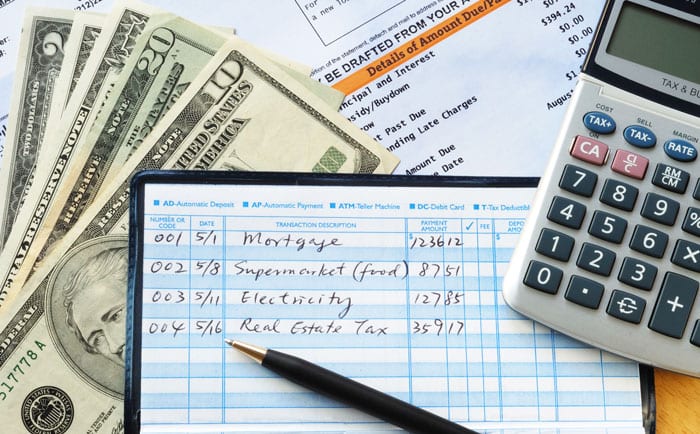When you start a business, everyone knows that there are
revenues and expenses, but it is not enough to understand and know that to
start a business successfully. It is good to be aware that these two main
categories (revenues and costs) can certainly be broken down further, and if we
do, it can be a very good method in terms of predictability. It helps us deal
with their money (be it own or an investor’s). Therefore, it is worth knowing
the additional categories:
INCOMES
- Fixed
revenues: Fixed revenue typically comes from some agreed upon contract with
the same level of revenue each quarter (e.g. interest received).
- Sale:
Our revenues may even come from sales (gross) or from the sale of assets.
COSTS
- Personnel
costs: Net wages and salaries of all employees, and contributions to be
calculated in addition to wages and salaries (employer ‘s and employee’ s
contributions).
- Material
costs: The costs of raw materials fall mostly into this category. Although
it may not seem significant at first hearing, it is very significant for most
activities and the variety of raw material needs is diverse. It’s worth
thinking through what we use, and what is its cost.
- Costs of
services used: Because we live in a world of services, there is an endless
range of possibilities for what to use. Fees for basic day-to-day services such
as lawyer and accountant fees, office rent and associated overheads, other
investment costs, and subcontracting fees are included in this category. It is
important to find out exactly what fees are included here.
- Costs of
other services: There are even other services that come with a permanent
system release. These are, for example, the subject of banking and insurance,
taxes (business tax, corporate tax, sole proprietorship tax, sales tax).
- Purchase
value of goods sold: When we sell a product or good, its cost (which it
took us to acquire) should be accounted for as an expense.
- Cost of
intermediated (sold) services: If we mediate a service, we also pay some so
we can resell it. This cost should also be considered as a cost.
- Other
costs: Although a lot of costs have already been listed, there are still
some that do not fit anywhere, so they should be included in the other costs
category. This includes anything that has involved us with some kind of
‘burden’ or ‘expense’.
